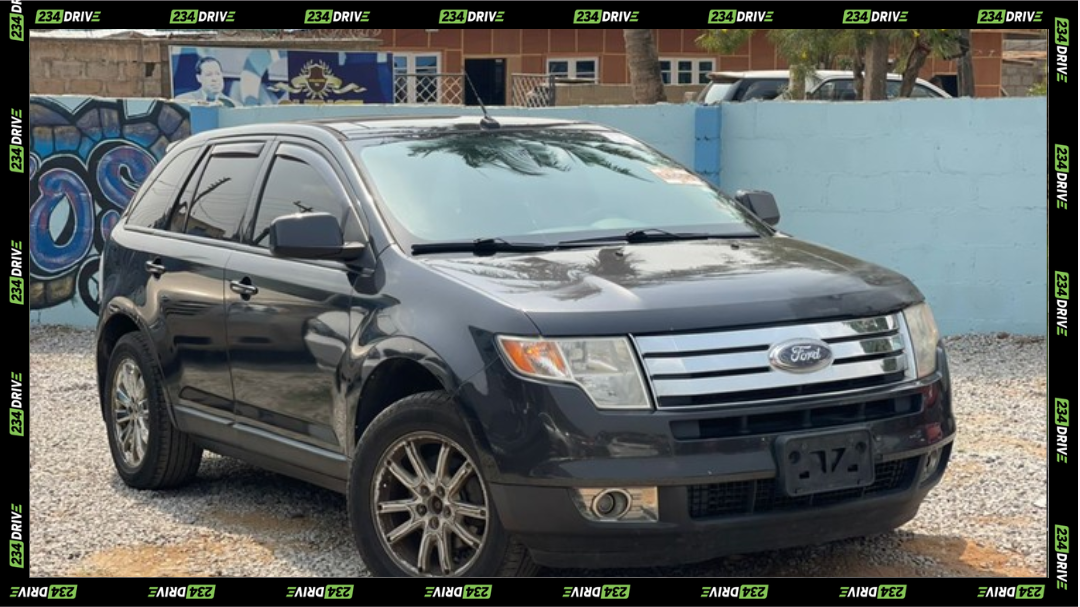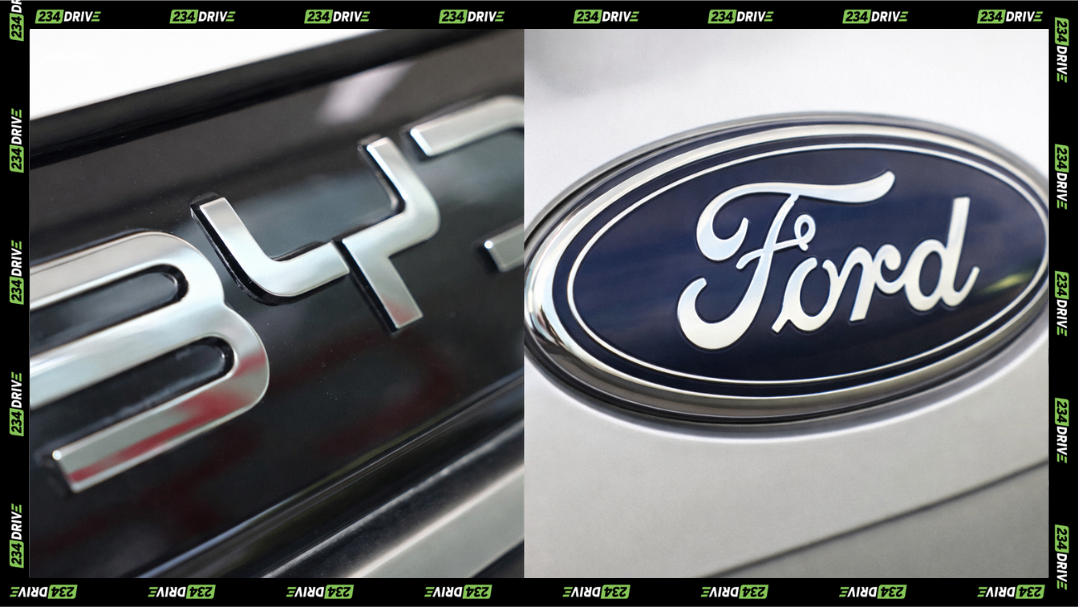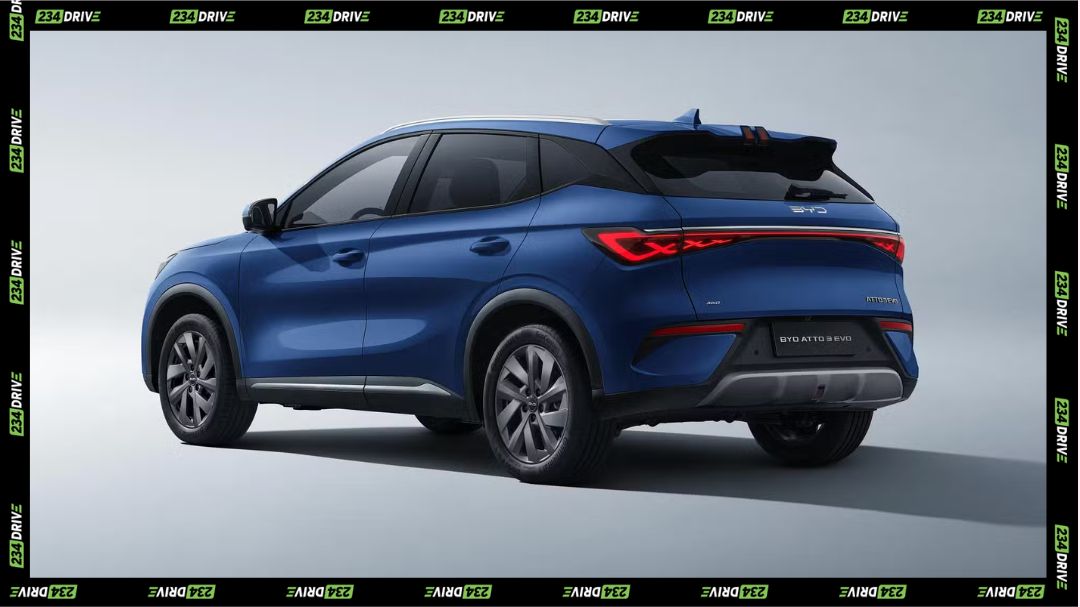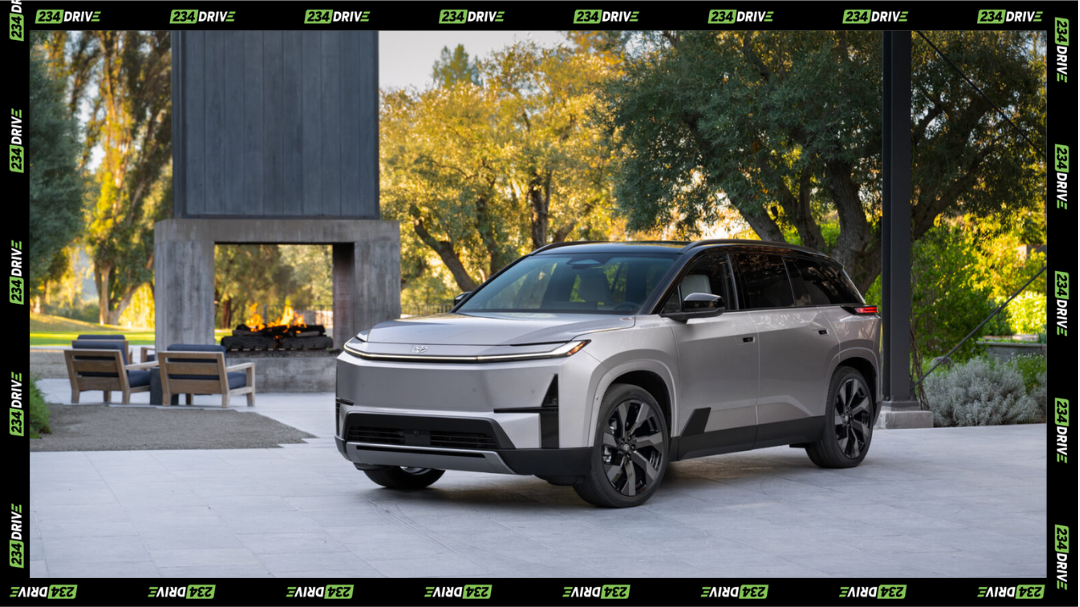The sixth-generation Toyota 4Runner has officially entered the global stage, setting a new tone for rugged SUVs. Built on Toyota’s TNGA-F platform shared with the Tacoma and Land Cruiser, it promises improved ride comfort, stronger chassis rigidity, and modern hybrid performance. Yet, while the 4Runner’s global reveal is complete, Toyota Nigeria has remained silent on its local rollout.
Toyota’s global launch showcased two powertrains: the standard i-FORCE turbocharged 2.4L four-cylinder and the i-FORCE MAX hybrid, which pairs the same engine with a 48-hp electric motor. Together, they deliver 326 hp and 465 lb-ft of torque—figures that elevate both on-road cruising and off-road muscle. But this isn’t a plug-in hybrid. Instead, the mild-hybrid setup offers torque assist and better fuel economy, not extended electric driving.
Some outlets exaggerated claims of a 500km electric range; Toyota’s official data dismisses this. The 4Runner hybrid’s role is assistance, not autonomy.

For Nigeria, enthusiasts anticipate its arrival by the end of 2025, though Toyota Nigeria hasn’t confirmed it. The delay likely reflects the same logistical hurdles that slowed other model rollouts. With an estimated price starting at ₦110 million, its cost will vary based on trim, import duties, and exchange rate swings.
If there’s one SUV built for Nigeria’s uneven terrain, it’s this one. Full-time 4WD, Crawl Control, Multi-Terrain Select, and locking differentials make it ideal for flood-prone or pothole-heavy routes. Ground clearance sits around 9 inches, enough to take on roads from Lagos to Lokoja without scraping bumpers.
Off-road enthusiasts will appreciate the Trailhunter trim, fitted with 33-inch tires, adjustable dampers, and a stabilizer disconnect mechanism. This setup gives it an edge on rural trails, desert paths, or flooded highways. Yet despite this relevance, Toyota Nigeria hasn’t tied the vehicle’s marketing to real-world Nigerian use cases—an oversight that leaves the story untold.
The cabin takes a huge leap forward. Toyota ditched the dated dashboard for a 14-inch touchscreen interface supporting Apple CarPlay and Android Auto. The hybrid variants get digital instrumentation, ventilated seats, and a redesigned third-row option for families. Safety tech comes standard: adaptive cruise control, blind-spot detection, lane assist, and pre-collision braking.

Toyota’s push toward hybridisation aligns with its global efficiency strategy—balancing power with sustainability. In markets like the US and Japan, the 4Runner hybrid fills a sweet spot between the all-new Land Cruiser 250 and Tacoma. For Nigeria, where hybrids are still niche, the model will test Toyota’s service and parts network for electrified vehicles.
Estimated pricing splits local opinion: ₦110 million for base trims, ₦130 million+ for high-spec hybrids. Given currency fluctuations and import levies, that figure could climb before delivery begins. Early adopters—likely corporate fleets and high-income adventurers—will drive the first wave.
Compared to rivals like the Jeep Wrangler and Land Rover Defender, the 4Runner wins on long-term reliability and serviceability. Toyota’s reputation for durability still carries weight, especially across Africa’s rougher roads. Its hybrid system provides minor emission cuts and efficiency gains, but not enough to classify it as a green vehicle.
Local automotive blogs hint at a 2025 arrival for the 4Runner in Toyota showrooms across Abuja and Lagos. However, until Toyota Nigeria makes it official, buyers can only rely on importers and parallel dealers. Given its off-road specs, the SUV aligns well with Nigeria’s topography and driving realities—from city floods to unpaved village routes.
The 2025 Toyota 4Runner hybrid isn’t revolutionising electric mobility. Instead, it modernises an icon without losing its identity. It’s for drivers who want power, presence, and performance without compromising on terrain capability. But until Toyota Nigeria confirms its local release, expectations must rest on speculation and grey-market imports.
The 4Runner’s hybrid evolution shows Toyota’s balancing act—building cleaner, tougher SUVs without abandoning their roots. The question now is: can Nigeria’s auto ecosystem support hybrid maintenance and adoption fast enough to meet the wave that’s already begun globally?









